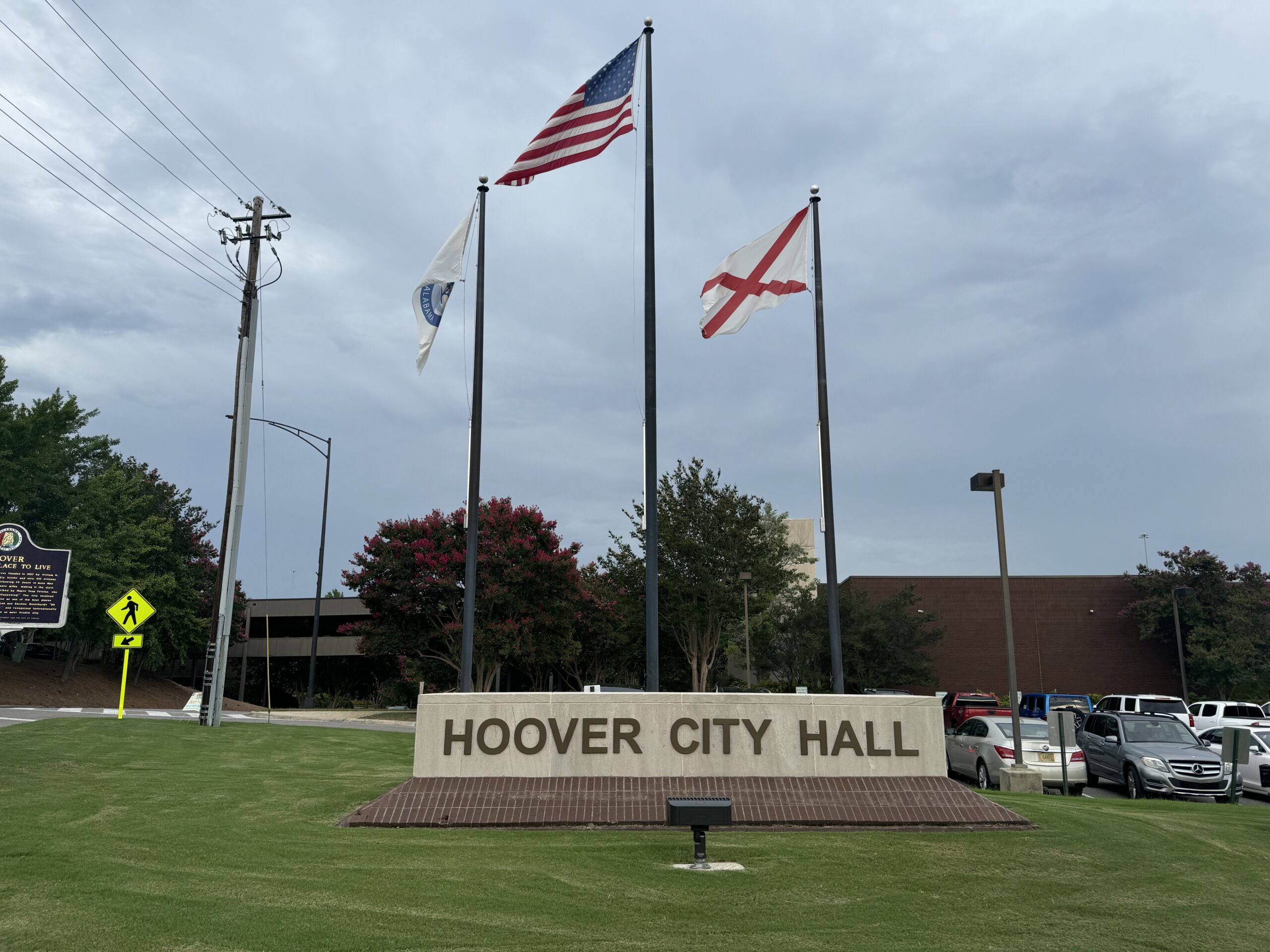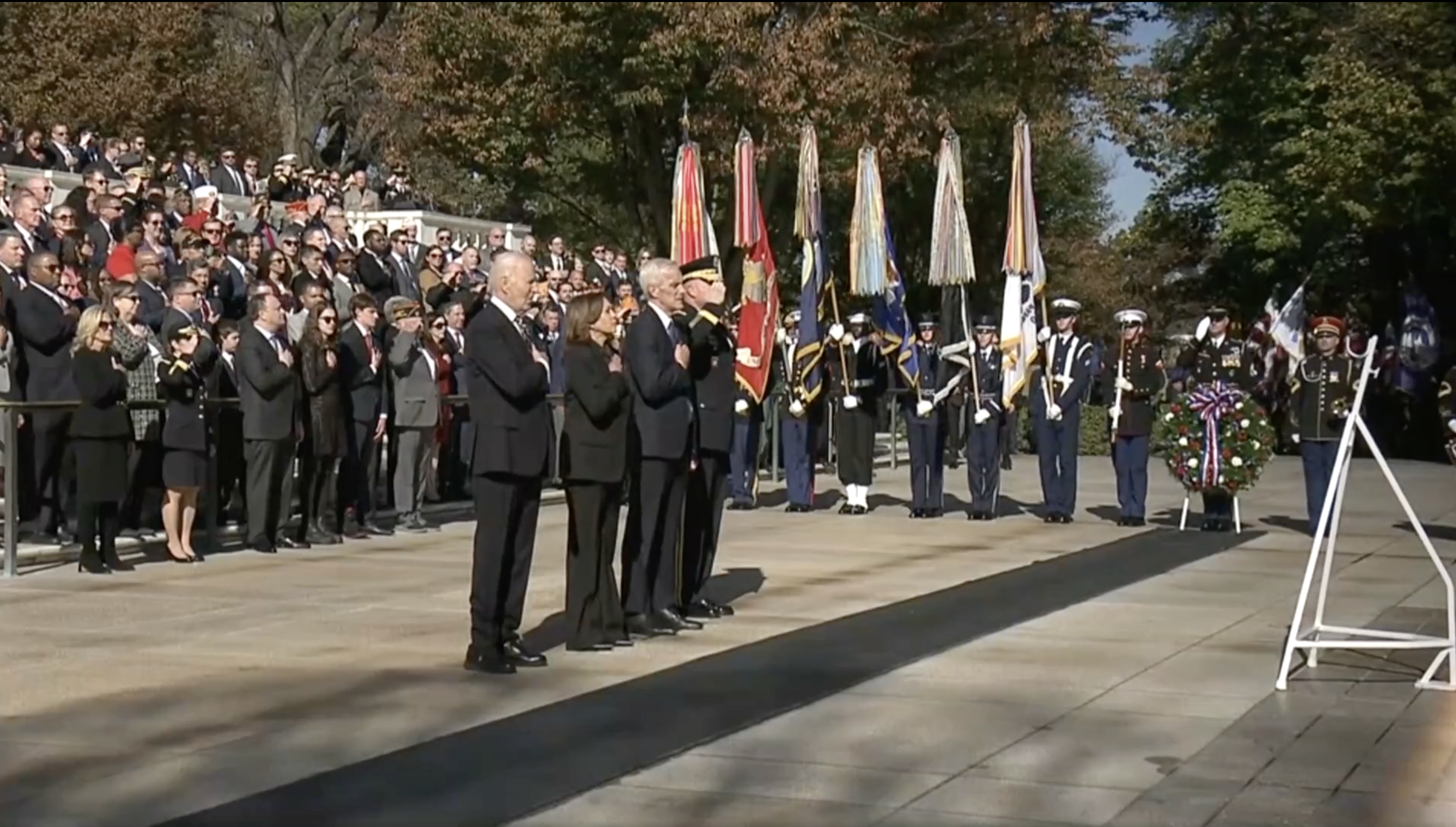The State of Alabama is continuing to take steps to help inmates at state prisons overcome drug addictions that may have led or contributed to their prison terms. On Wednesday, Gov. Kay Ivey awarded $504,892 in grant funding to the Residential Substance Abuse Treatment (RSAT) program to help break this drug-crime nexus.
The program is six-month course that will be conducted at seven prisons —Bullock Correctional Facility; Bibb Correctional Facility; Donaldson Correctional Facility; Easterling Correctional Facility; Staton Correctional Facility; Tutwiler Correctional Facility; Ventress Correctional Facility — with the intention of breaking the link between drug addiction and criminal activity.
“We should strive to ensure that once a person is released from prison they will become a productive member of society,” Ivey said. “This program provides inmates the opportunity to escape their drug habit while in prison and create a new slate when they are released.”
According to Bob Horton, Public Information Manager at ADOC, “the grant more than doubles the funding that the treatment program has received in previous years, which will enable the ADOC to expand services.”
The Alabama Department of Economic and Community Affairs (ADECA) is administering the program from funds made available to the state from the U.S. Department of Justice (DOJ).
The DOJ describes that is goal of the RSAT Program “is to break the cycle of drugs and violence by reducing the demand for, use, and trafficking of illegal drugs. RSAT enhances the capability of states and units of local government to provide residential substance abuse treatment for incarcerated inmates; prepares offenders for their reintegration into the communities from which they came by incorporating reentry planning activities into treatment programs; and assists offenders and their communities through the reentry process through the delivery of community-based treatment and other broad-based aftercare services.”
RSAT in Alabama
In Alabama, the six-month RSAT Program curriculum is divided into three phases of treatment that are two months each.
“In the program’s first phase, inmates who are enrolled take part in full-time treatment activities aimed at dealing with denial of addiction, recognition of drug abuse consequences, understanding of the addiction cycle, and a thorough understanding of the recovery cycle,” Horton explained.
“The program’s second phase exposes inmates to recovery issues closely related to substance abuse such as anger management, character defects, criminal thinking, and poor coping skills and habit development. In the third phase, the program focuses on relapse prevention and aftercare planning while working to develop positive life skills.”
The ADOC offers aftercare dorms with 768 beds to those who are enrolled in the program to allow a person to spend time practicing and refining their daily addiction recovery. The program will be conducted by counselors who specialize in drug addictions and inmates receive drug screenings while in the program to monitor their success and to measure the program’s effectiveness.
“Our main objective is to foster a person’s sobriety and to help them develop a responsible lifestyle once they return back to their community,” said Horton.
As of August 2018, 314 prisoners have completed the RSAT program in 2018.
Ivey notified Alabama Department of Corrections (ADOC) Commissioner Jeff Dunn the FY2018 grant had been approved.
Related
Share via:













